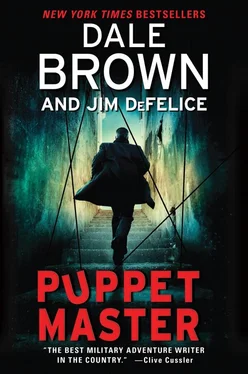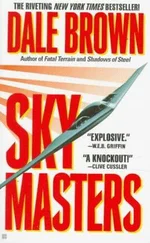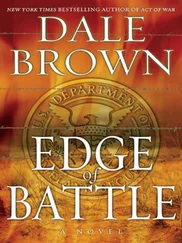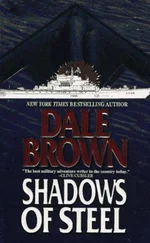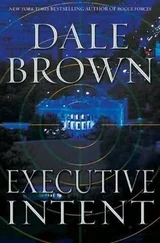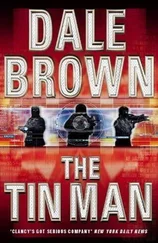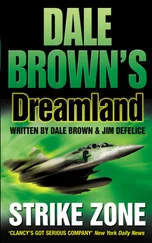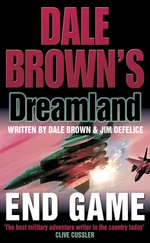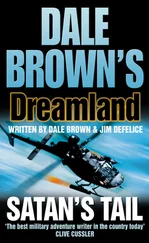Dale Brown, Jim DeFelice
Puppet Master
Important people
Louis Massina— scientist and entrepreneur, proprietor of Smart Metal, deeply religious; lost his arm in a motorcycle accident as a young man; never remarried
Chelsea Goodman— project engineer at Smart Metal; young, genius at math, petite, creative
Trevor Jenkins— FBI special agent in charge of anti-ATM theft task force; hardworking, always wears a suit; could use a haircut and shave
Johnny Givens— young, athletic FBI agent on Jenkins’s task force
Gabor Tolevi— first-generation American of Russian and Ukrainian descent, raised mostly in the Ukraine where he served in the army. Now an “entrepreneur” with connections to Russian mafya, though not a member of a family; widower and single father
Important places
Boston & suburbs— birthplace of freedom, hardscrabble values, great Italian food
Crimea— peninsula in Black Sea annexed by Russia in 2014 from Ukraine
Donetsk— major city in southeastern Ukraine, center of struggle between Russian-backed separatists and Ukrainian government; under Russian domination
Important tech
Bot— Smart Metal slang for robot that can function to some degree on its own, in contrast to mechs and industrial robots designed for specific, stationary tasks such as welding or chip making; Smart Metal constructs all types
Mech— Smart Metal slang for robots that are preprogrammed for specific tasks but retain more flexibility than industrial robots
Autonomy— ability of bot or other entity to “think” or make decisions without direct commands from operator
“I am not in the business of creating supermen.” Louis Massina fixed his gaze on Chelsea Goodman, then shook his head. “No. We can’t go there.”
“You’re just going to let him die?” Chelsea touched his arm. “Lou — boss. You can save him.”
“I’m not Frankenstein. I don’t make supermen.”
“That’s not what I’m asking.”
“It amounts to the same thing. And there’s no saying whether any of it will work. The drugs — we’ve only used them in simulations and on pigs. Pigs. ”
“He dies if you do nothing. You can help him.”
“Giving him legs is one thing, even the heart, but the drugs—”
“Without the drugs, Lou, he dies.”
Louis Massina turned toward the window, gazing out at Boston Harbor. The wooden remains of a wharf sat in the distance to the right, a sharp contrast to the gleaming pink granite of the unfinished office building just beyond it. Massina liked the incongruity, the mix of old and new. The wharf had last been used close to fifty years before; Massina was sure he’d been on it around that time, a young man taken to work by his father, just a few days before he disappeared. In his lifetime, Massina had seen the white planks turn gray and grow splinters, then gaps. The slow-motion ruin of the wooden pier not only marked time for him; it reminded Massina that life was circumscribed by limits. There were only so many chances, so much time.
“Listen, boss, you have to do something. He was hurt helping us.”
“We were helping him,” Massina said softly, still gazing out the window. “We were helping the FBI. Not the other way around. This is their person. Their case. Not our problem. Not mine.”
“You’ve saved so many people.”
A new heart, two legs, and a batch of untested drugs to take him from the brink of death in a matter of days, if not hours: was Louis Massina a god, that he could give life like that?
Givens was already dead. Really. The doctors all agreed.
“He won’t survive the operation,” said Massina. “Even with the drug.”
“Now you do sound like you’re playing God. Or Satan.”
Louis Massina did not really think of himself as God. That was sacrilege. But his prosthetics, a sideline of his robotics company, did literally save lives. Was that sacrilege? Or a gift from God that by rights he had to share?
“I don’t understand why you’re hesitating,” added Chelsea.
Massina turned to face her. “The heart is experimental. The spinal attachments are still at a very primitive point. We don’t have FDA approval, among other things. And the drugs—”
“You can get all that waived. You know it.”
“Just like that.” He snapped his fingers.
Chelsea narrowed her green eyes. She was a pixie of a thing, barely five foot, with skin the color of light chocolate; her face glowed like a dusty rose in the fading sun of the late afternoon. He guessed she might weigh ninety pounds, and that was counting the ink on her tattoos and the piercings she occasionally wore in her lip.
“Boss, you know you can do this.”
“It may be too far,” said Massina, though he had made up his mind. “And we don’t know if he’d agree.”
“He wanted to be resuscitated,” said Chelsea. “His form says, I want to live . That’s the only agreement you’re going to get.”
He’s hardly old enough to understand what it will mean, thought Massina. Even Chelsea has no idea. Choosing to live — it’s a choice for more pain, more suffering. There will be no easy day.
Instead of saying that, he turned back to the window. Chelsea’s reflection was there, looming over the old pier. Two large construction cranes stood in the distance; if the light were better, they would have given the illusion of hoisting his employee’s face into the sky.
“Arrange it,” he told her. “Tell Sister Rose to keep me updated herself. The doctors tend to get lost in the details.”
A week earlier — near Boston, Massachusetts
Sunday evening
Louis Massina bent forward and refocused his eyes on the ATM screen.
Account Balance = $0.00
“What?” He tapped the screen to ask for a new transaction, then once again requested his balance.
Account Balance = $0.00
“Impossible.”
Massina re-swiped his ATM card and keyed his PIN on the touch screen. There was only one account connected to the card, which he used solely for petty cash. Not only did he know there was money in the account — he had used it on the way to mass this morning — but the sum was $5,437.14.
Massina was very good with numbers.
He tapped the screen, then waited. The machine thought about it, then responded exactly as it had earlier:
Account Balance = $0.00
Either the bank’s computer network was down, Massina thought, or his accountant had drained it without telling him.
Damn it.
Massina had more patience with computers than with accountants, but only a little. He had considerable experience with both: he ran a robotics and applied AI, or artificial intelligence, firm called Smart Metal, and had in fact been a programmer himself through his early twenties.
That was two decades and three dozen patents ago. In the interim, Massina had built a business worth exponentially more than the amount that should have been in the bank account. But he was not so far removed from a childhood raised by a single mother that he would ignore the disappearance of five thousand dollars, or even five.
He called his accountant as soon as he got back to his car; though it was nearly 11:00 p.m., the phone was answered on the first ring.
Читать дальше
